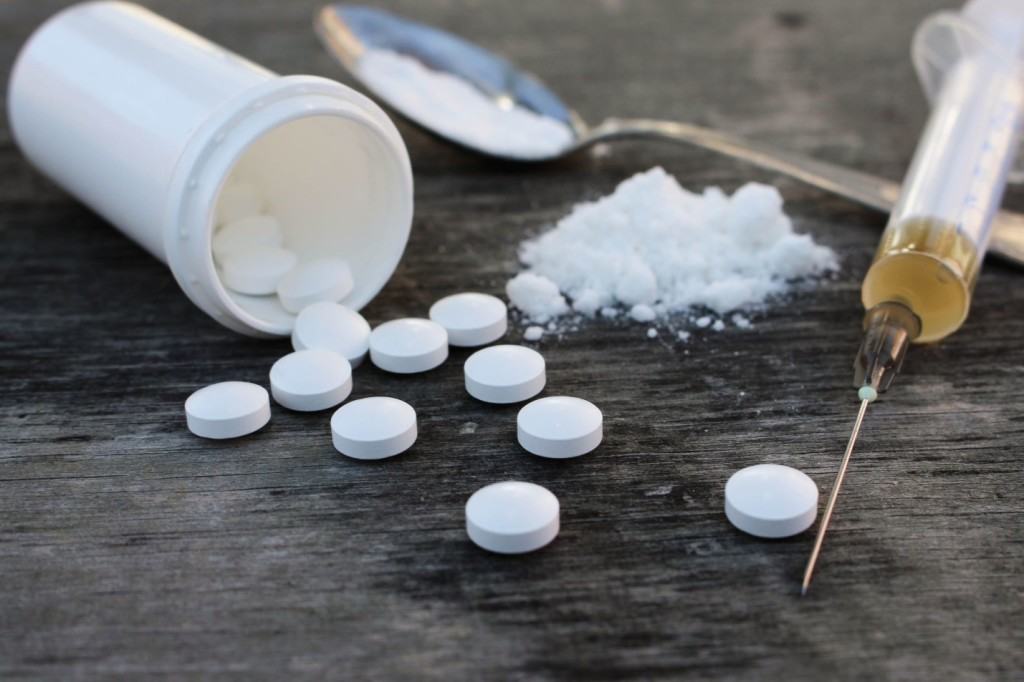
According to a study released last week, deaths by drug overdose have been steadily increasing throughout the United States, a majority of states recording increases in just past the fours years (2009-2013).
44,000 people died from drug overdoses in 2013. Double the number in 1999. I am just going to let that sit there for a second.
The study, done by the non-profit group Trust for America’s Health said that nearly 52% of the deaths were related to prescription drugs. And for 26 unfortunate states, they got hit the hardest with those increases, the overdose rate only going down in 6 states.
So which state has the most overdose deaths? West Virginia. West Virginia had the highest number of deaths by drug overdose per capita in the time period studied, with 33.5 deaths for every 100,000 people. Meanwhile, North Dakota had the lowest with 2.6 deaths per 100,000.
Overdose Deaths Declared an American Epidemic
The CDC has declared prescription drug abuse an epidemic in the United States, and all states have gotten the hint, except Missouri. They all have drug-monitoring programs. Over the past year, Massachusetts and other northeastern states have made naloxone (a drug that reverses the effects of overdoses caused by opiates like Vicodin and heroin) available to EMTs, police officers, firefighters and even family members and friends of addicts.
And while the effects of naloxone are saving lives, it is difficult to get an idea of how much it has helped because of its newness. With what could be gathered in a 2010 review of 188 communities, it found that naloxone helped reverse more than 10,000 overdoses. Just think, without naloxone the death toll could have been 10,000 human beings higher.
Either way, drug overdose deaths exceeded motor vehicle fatalities in 36 states. Injuries, including car crashes, homicides, suicides, and traumatic brain injury resulted in nearly 193,000 deaths and are the leading cause of death for Americans ages one to 44. So while overdose deaths aren’t the #1 leading cause of death, it is becoming more and more likely that you will meet someone who has lost someone to an overdose on drugs or that person could be someone you know.






